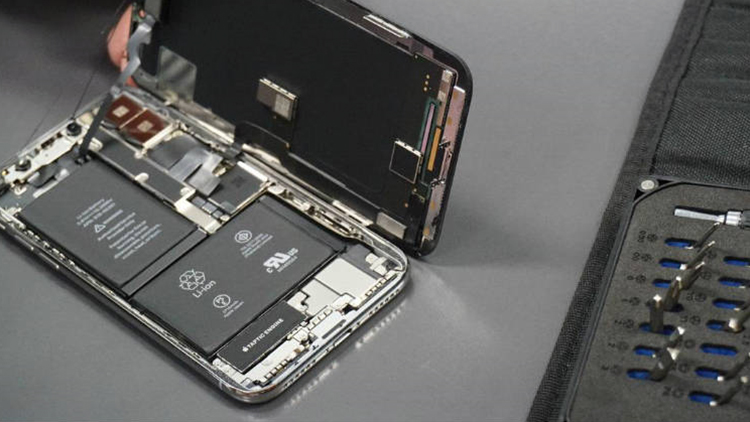At the beginning of the week, the developer at Geekbench shared the result of detailed tests that the iPhone 6s and 7 with a battery used for many months, have lower performance compared to devices with brand new battery. The correlation between battery status and performance really exists and there are many controversies that have arisen these days.

It would be exceedingly stupid and incredibly senseless for Apple to act this way. If it were true, probably, there would already have been problems of a legal and governmental nature to which no company, including Apple, would ever face.
On the contrary, Apple is focusing its attention on leveling the very high and fast peaks of power absorption that can cause problems on older batteries.
Our goal is to offer the best possible experience to customers and to succeed in all this we worry about the overall performance is always good and the life of the devices is as long as possible. It is true that there are technical limits because lithium-ion batteries become less able to provide high current peaks when they are at low temperatures or when the residual charge level is low or when they age over time. In these circumstances, the smartphone could even shut down to protect its electronic components.
Last year we released a feature for iPhone 6, 6s and iPhone SE to smooth out the instant peaks only when needed, to prevent the device from turning off unexpectedly during the conditions just exposed. Now we have extended this feature to iPhone 7 with iOS 11.2 and expect to add support to other products in the future. It is not Apple’s intention to limit power over time. The Geekbench tests are not fake but it is something that happens naturally due to the deterioration of lithium-ion batteries. The Geekbench software puts the device under pressure by requiring very high energy peaks that can not be achieved under those conditions or with the deterioration of the battery. It’s a limitation of any hardware, not an Apple choice.



Recent Comments